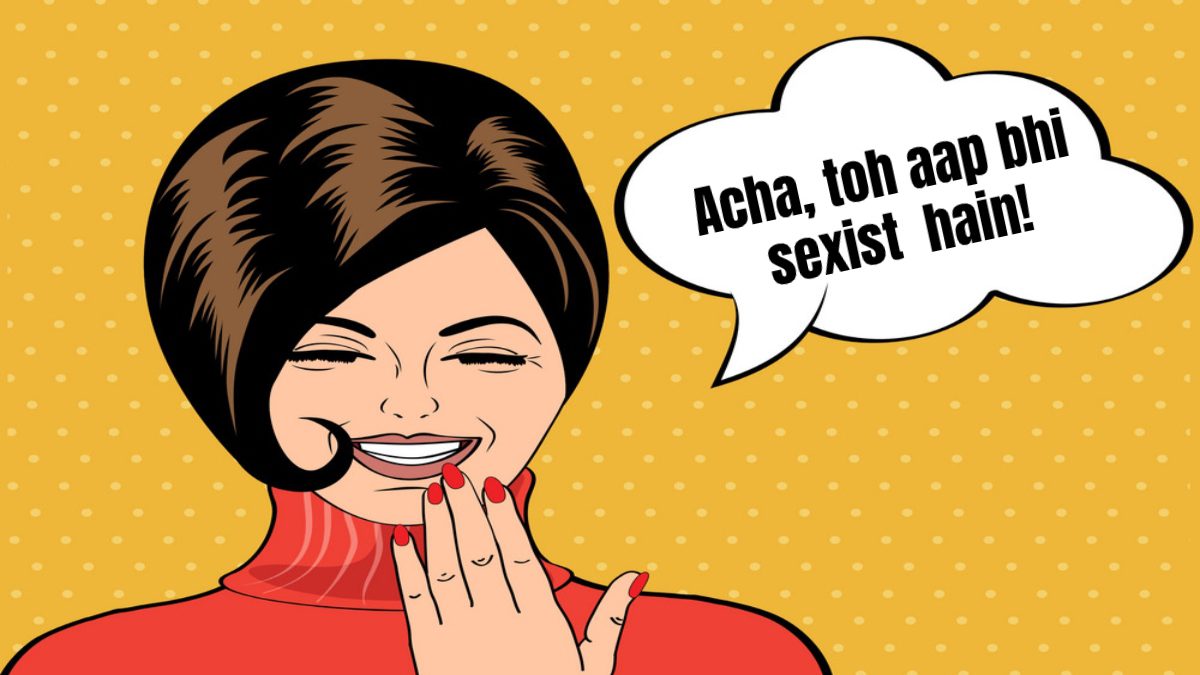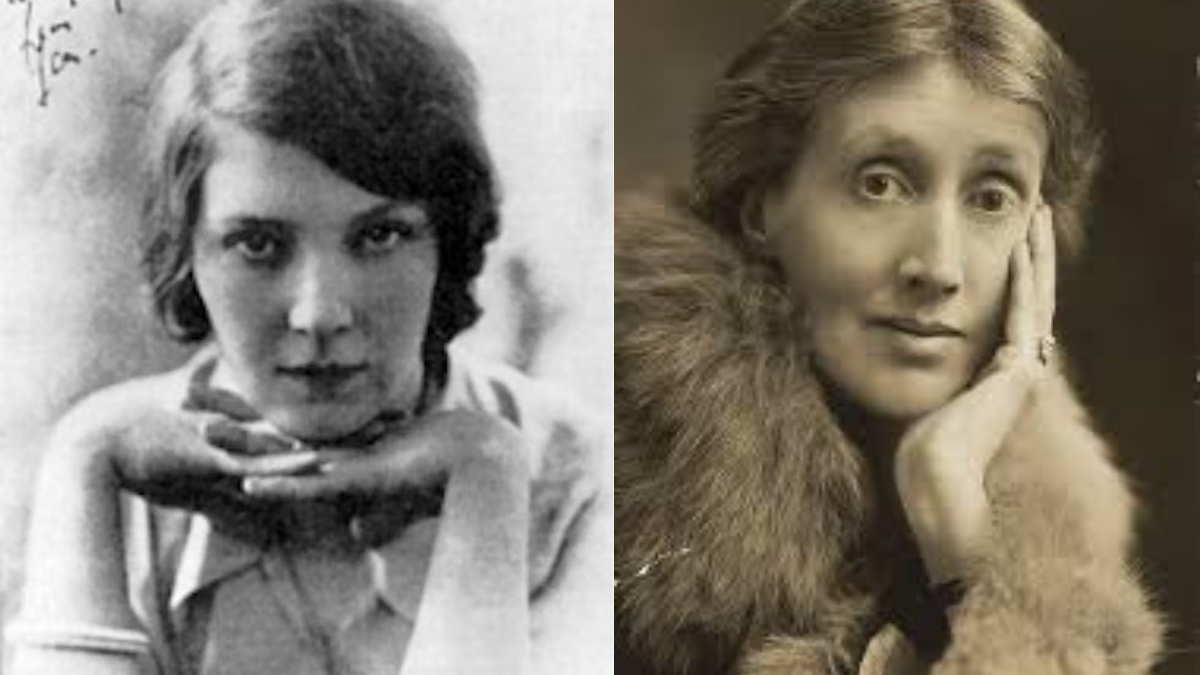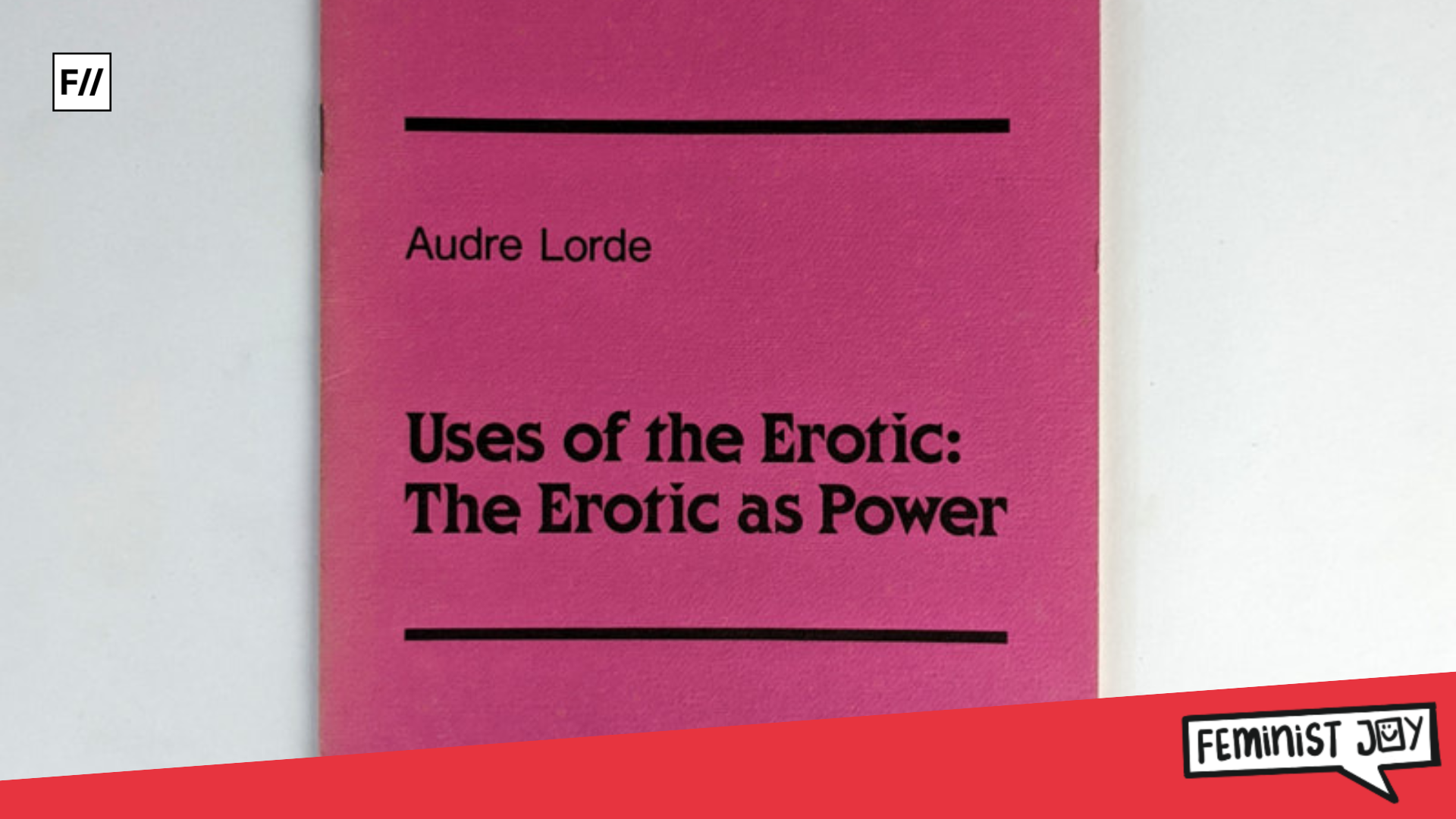With the increasing number of sexist memes on the internet, there has been a recent rise of feminist memes, which have countered the casual as well as serious sexism, that is frequently circulated on our social media.
When Shakespeare wrote, ‘All the World’s a Stage,’ he would not have foreseen the concept of a World Wide Web. The World Wide Web is the new age theatre, and all of us its spectators, as well as performers. Cyberspace is the latest capital place for cultural consumption. If language is the near equivalent of ‘god gone astray in flesh’ in the age of tangible ink and paper, memes and hashtags are the near equivalent of the same in the virtual age.
Origin of the word ‘meme’
The digital age has made global communication possible with a limited amount of words – 140 characters are sufficient to write about the matters of heart and of being, and a meme template makes it possible in even fewer words and by providing a pictorial presentation.
The word ‘meme’ was coined by Richard Dawkins in his 1976 book, ‘The Selfish Gene’. He described memes (rhymes with dreams, and is short for mimesis- from the word mimetic) as infectious ideas or any other things that spread by imitation from person to person.
Echoing the verity of the statement, memes are the latest cultural viruses that are contagious, prone to ‘personally attacking its victims’ and provoking a reactionary ‘same’ or ‘relatable’.
Since memes are capable of provoking reactions, they no longer remain a neutral commodity to be consumed but are of cultural significance and coated with meaning.
Laughter’s dualistic role
Our age is the ‘Age of Offence’ and our generation is the ‘meme generation’. Combine the age and the generation together, and you get a meme generation living in the Age of Offence. It becomes necessary then to understand that both of them go together, hand in hand.
Apart from the relatability factor, what makes a meme stand out is its iconic power to make people laugh. Memes are crisp, funny, takes on what’s trending and a humorous way to troll. It is a virtual joke.
Since memes are ‘funny’, and ‘humorous’, it precipitates the urgency to understand that memes can be exploited to cement certain beliefs and ideas. In a layman’s language, humour can broadly be classified as ‘good humour’ and ‘bad humour’, and in a major throwback to the Ancient Greece, it comes as a surprise that Plato and his likes, thought of laughter to be a vice. It is only later that with revised scientific studies and experiments, and thinkers like Spencer and Freud who tried to negotiate the ancient and the modern thought that laughter, and synonymously with it, humour serve as the release of ‘pent up nervous energy’.
Humour, then can be understood as cathartic. Before we completely discredit Freud, let us also understand how Freud is relatable to the world of memes, when he says that the two emotions that are most repressed are sexual desire and hostility, and so most jokes and witty remarks are about sex, hostility, or both. In telling a sexual joke or listening to one, we bypass our internal censor and vent our libido. Similarly, in telling or listening to a joke that puts down an individual or group we dislike, we let out the hostility we usually repress.
Since memes are capable of provoking reactions, they no longer remain a neutral commodity to be consumed but are of cultural significance and coated with meaning, even the feminist memes. They serve as a convenient means to entrench sexist attitudes and perpetuate misogyny by reinstating gender stereotypes. They aid in subjugating women by circulating sexist ideas.
They serve as a convenient means to entrench sexist attitudes and perpetuate misogyny by reinstating gender stereotypes.
Cyberspace becomes the battleground for propagating sexist antagonism with memes serving as convenient tools for this discourse.
Memes as a sexist discourse
Let us look into a few memes that seem ‘normal’ and funny enough but actually reek of sexism.
Also Read: The Joke’s On You? Let Me Laugh: On Being A Feminist Killjoy
The memes reinstate and normalize the idea that a woman’s place is limited to the domestic sphere, and that her ‘womanly instincts’ are prone to nurturing. One cannot also not unsee how these memes trivialize feminism as a movement, how there is an assumed pattern between beauty and privileges, and how a woman can easily be trampled upon for she belongs to the same place as a man’s shoes.


A Counter Attack
The good thing with memes is that they cannot be monopolised—you can write your own meaning on it. To combat the circulation of sexist memes, and stifle the sexist laugh, counter feminist memes are in circulation as well. These feminist memes employ subversive humour to overturn the sexist humour, being able to afford a laugh at their expense. From countering the claims that ‘she asked for it’, to proclaiming that women want to be heard but are silenced by men, these feminist memes subtly counter their sexist counterparts which try to reiterate the helplessness and hopelessness of women.



Also Read: Your Rape Joke is Not Funny, Period.
Conclusion
To be a part of the meme culture is to be a part of the sacrosanct pop culture. However, a mindless consumption of this culture contributes to trivializing the consequential. So many consumers start using/misusing the terms, overuse them till these lose their essence. One thoughtless share or like, and you become a part of a vicious chain that perpetuates sexism and misogyny.
It’s necessary for one to practise utmost care before initiating and further perpetuating a series of unfortunate misogynist and sexist thoughts with just a reckless click, for the sake of sheer pressure to be ‘dope’ and ‘lit’.
Thank you, next.
Featured Image Source: MaatiTv
About the author(s)
Sonakshi is currently pursuing her post graduation in English from Delhi University. A keen flaneur, she loves to read, and takes a keen interest in art and culture. She hopes to conquer world literature, and be a writer one day.





The basic point about memes at the end of the day, perhaps is the fact that they are simply structuralist set-pieces to the fastest way to generate a laugh. If the meme template in structural terms is the langue, the beta text enacts the ‘speech act’, as does parole in case of the S/S’ relationship so as to speak. So the casual (you can read causal if you want to) question that the situation begs to ask is language patriarchal (obviously it is), which in turn morphs into the bigger question, is there a separate language for women, or for womanhood? Patriarchy is obvious troublesome, but if the language isn’t exorcised, the jokes will keep on mutating into subtle and even subtler forms; wherein the subject might not know what is “done”, and what is done. Having said all this, I still dunno wth does “cishet” even mean? lmfao. XD